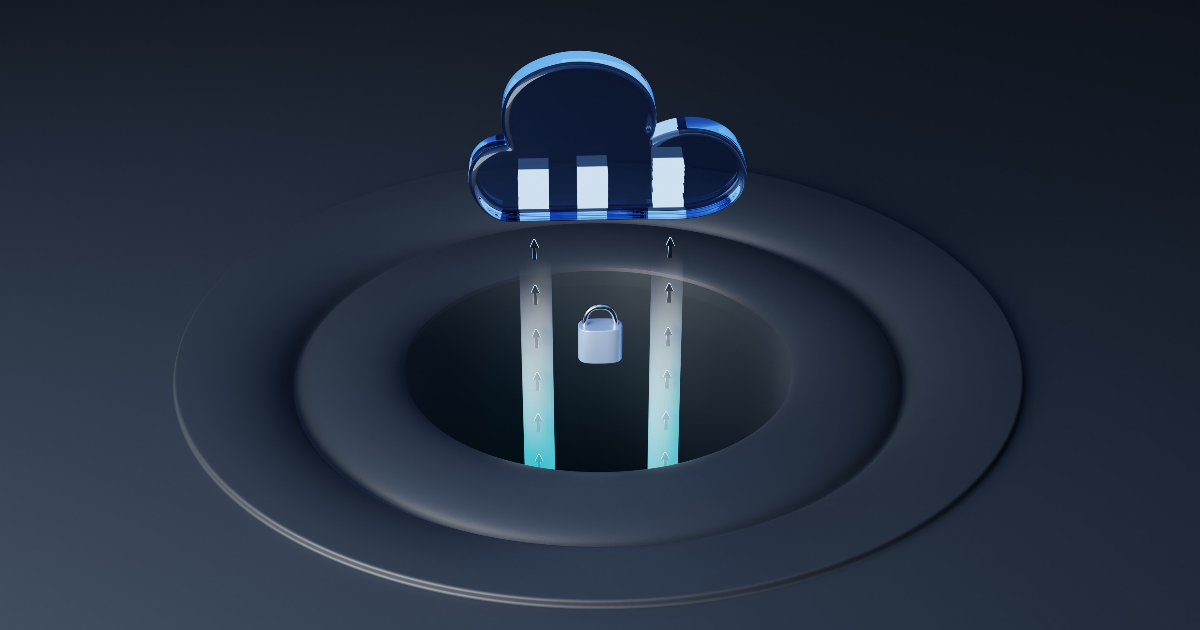
MMS • Steef-Jan Wiggers

Google recently announced several new updates to its Security Command Center (SCC) with a pay-as-you-go pricing model and two capabilities: deployments at the project level and self-service activation.
Security Command Center is a platform provided by Google Cloud that helps organizations manage and protect their data, applications, and infrastructure on Google Cloud. It provides a centralized, real-time security dashboard that gives organizations a comprehensive view of their security posture across their Google Cloud environment.
The platform pricing model has a flat-rate pricing model where customers pay a fixed monthly fee for unlimited usage. In addition, Google now adds another pricing model with pay-as-you-go, where customers are charged based on the number of assets they have in their Google Cloud environment and the number of security events they generate.
Next to the pricing model, Google also added the ability to enable security management features for a specific Google Cloud project providing organizations with the flexibility of applying security controls – as not every project has the same set of requirements and implementation timelines.
In a Google blog post on the updates to SSC, Anoop Kapoor, a product manager of Google Cloud, explains:
Complementing SCC’s current subscription pricing, we now offer flexible, pay-as-you-go pricing at the project level, with no spending or duration commitment. For example, when securing projects that have applications running on Google Compute Engine (GCE) but without other Google Cloud services, the cost to secure the project is based on the number of virtual cores (v-cores) consumed per hour.
In addition, Lukas Karlson, a Google Cloud Expert, tweeted:
It is now possible to purchase Google Cloud Security Command Center at the Project level, with no commitment. Only pay for what you need!
Besides project-level activation, SCC now supports self-activation by providing a full self-service implementation for individual projects.
Other Cloud Providers like Microsoft and AWS offer similar security platforms natively on their cloud offerings like SCC. For example, Microsoft’s Defender for Cloud is a security management platform that provides threat protection, security policy enforcement, and security analytics across Azure and hybrid environments. And AWS has Security Hub, a security management platform that integrates with other AWS security services.
Lastly, more details on SCC are available through the documentation landing page, and complete pricing information is on the pricing page.